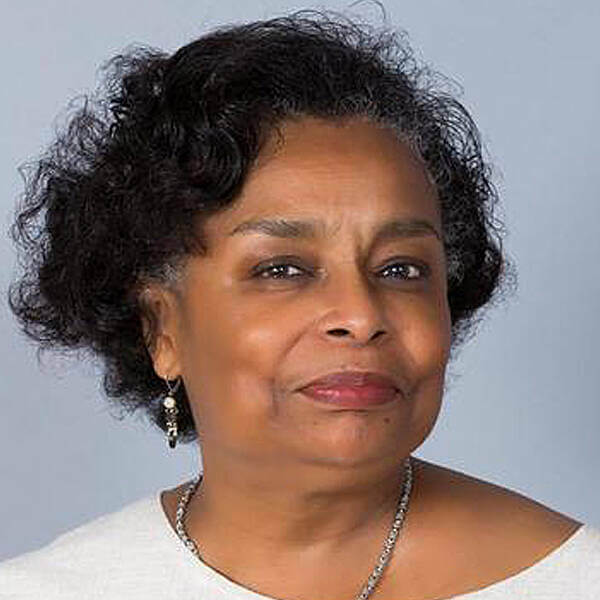The slow pace of progress
May 10, 2021
Notre Dame has been very, very slow in coming to terms with the fact that we have a multiracial society. Having grown up in Washington, DC, where there were a lot of Black Catholics, there are a lot of Black Catholics in Washington still. And in places like Baltimore, New Orleans. I would have expected that Notre Dame should have been able to figure out a way to recruit from those cities and those, those parishes. But for some reason, that's not happened. And I don't think it's just by chance, I think, you know, given the fact that there were a number of people who came to Notre Dame, for example, Father Malloy went to John Carroll High School, Catholic High School, which was an all male high school, up until probably the 70s, or the 80s. And a lot of the basketball players that he played with in John Carroll, some of them came to Notre Dame.
But somehow, in recent decades that that didn't continue, it should have been able to be a recruitment process that was easy for them to see and to make. But instead, what we've had is a very slow, very slow, very poor increase in Black students attending Notre Dame. And the fact that, for example, the first Black graduate of Notre Dame was 1947. The first Black graduate at the University of Illinois was 1899. And the only reason there was someone who graduated from Notre Dame in 1947, was because they didn't know that he was Black till he got here. I find that, not just amusing, but really kind of maddening. And all the emphasis on Catholic social tradition, Catholic social teaching, seems unrelated to the way in which the university functions or has recruited students here. Provost Marie Lynn Miranda has evidently told the admissions office, she wants the numbers up. And I've been told, I keep hearing that there's been a significant increase in the number of students admitted for this fall of 2021. But you know, I don't know what those numbers are.
And so many times after the students arrive, they say, well, that was great, where are all the Black students? And they talk about how alone they feel in their dorms, in their classes, how difficult it is to figure out how to be comfortable. For example, even the Klau Center series on how to be an anti racist, which ended on Friday, I watched the Friday program, which included about four or five students who talked about their experiences. And they're, you know, they're really remarkable people because of their ability to talk about Notre Dame as a difficult place to be. That's not what they would say. They talked about it so gently, they talked about it in a way in which they kind of, they didn't say it directly. They were talking about how they would find themselves in situations that weren't always pleasant. But they didn't say any of that, they said it in such a way that was intended to help not offend their White peers surrounding them. It was very, very painful for me to watch, because they were talking in very delicate terms about how difficult their time has been. And so they created programs, they did things that were intended to help solve these problems, but why is it that every single Black student, when they see that, when they experience that environment, that's what they talk about. They have to do something. But things should be much further along by now, is what I would say.

Dianne Pinderhughes
Dianne Pinderhughes is Notre Dame Presidential Faculty Fellow, and professor in the Department of Africana Studies and the Department of Political Science.